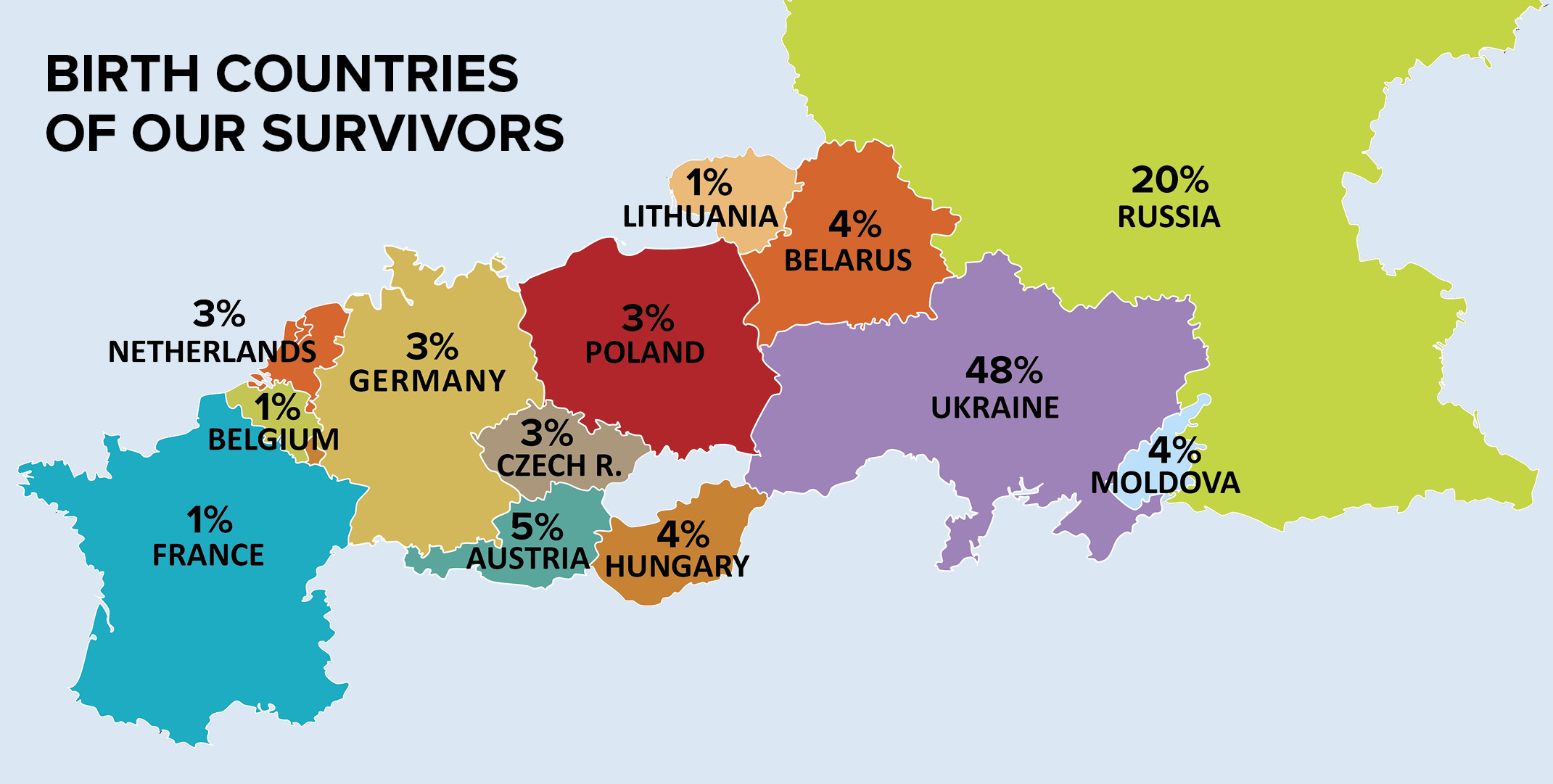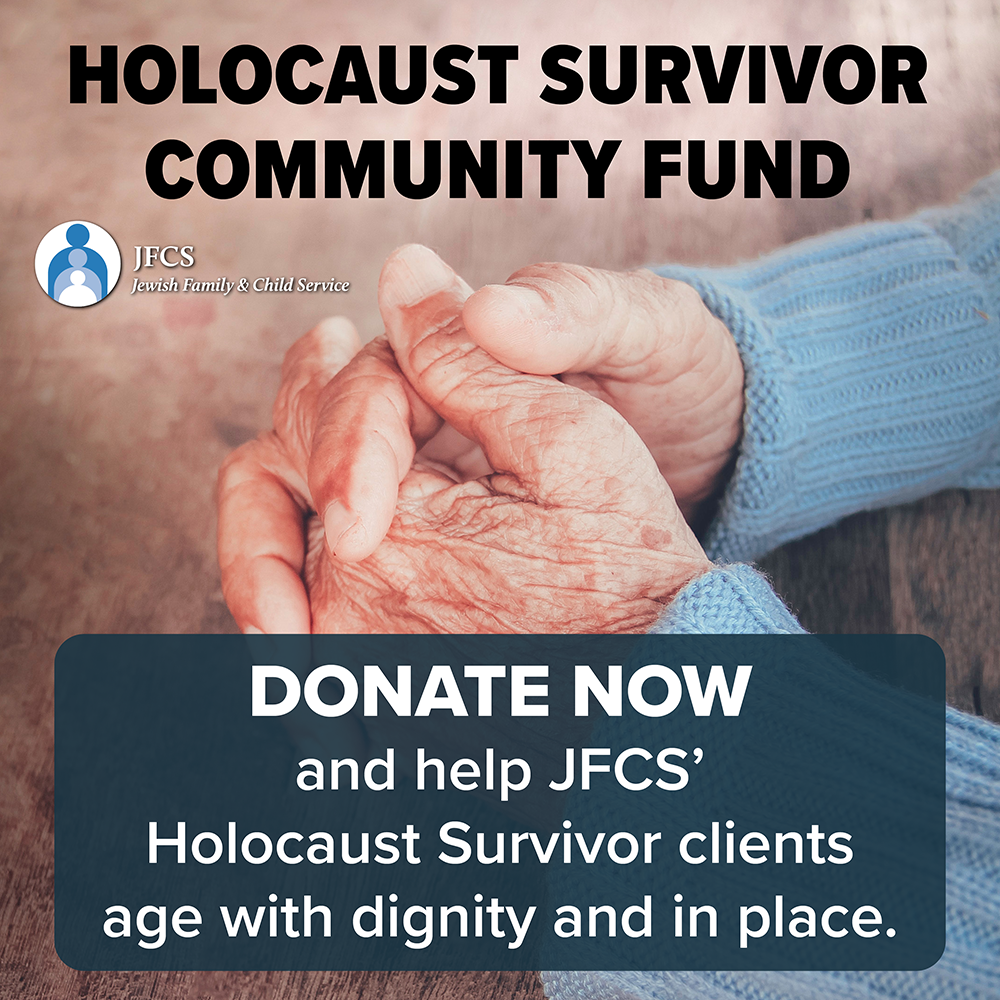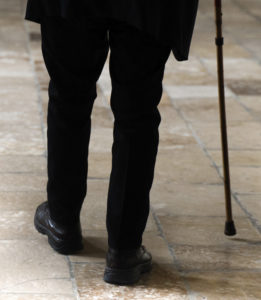A brief history of Russian-speaking Holocaust Survivors
The Holocaust in the Former Soviet Union (FSU) is one of the most barbaric in history; most of the stories of victims and Survivors have never been heard. The murder of over 2 million Soviet Jews occurred at the hands of the Nazis and their collaborators during World War II. Virtually every Jewish family from the FSU and its satellite nations, such as Ukraine, Estonia, Latvia, Lithuania, and Belarus, has a connection to these losses and a story to tell. This is the case for greater Portland’s Holocaust Survivors from that part of the world, too.
In late-June 1941, Operation Barbarossa, the German invasion of the Soviet Union, commenced, bringing a wave of destruction to 4 million Jews in the FSU. About 1.5 million of them evacuated or escaped deeper into the Soviet Union, leaving around 2.5 million Jews under German occupation. The Nazis and their collaborators murdered the majority of those left behind. Mobile killing units (Einsatzgruppen) followed the German Army, murdering Soviet civilians and Jews one bullet at a time.
After the first six months of Operation Barbarossa, Survivors of the mobile killing units were put into ghettos and Nazi camps, where the norm was horrid treatment, starvation, illness and cruel nighttime roundups. For decades, these stories of murder, persecution, and displacement of Jews in the FSU at the hands of the Nazis and their collaborators sat behind an iron curtain of silence. It is largely unknown that one out of three Jews killed in the Holocaust were murdered by bullets, not in gas chambers.
Source: Illinois Holocaust and Museum Center

Sergei's story
In 1941, Sergei’s parents spirited him to safety upon the German troops’ invasion of his Belorussian town. A baby, Sergei never would know his father, who died in the Soviet Army, fighting against the occupiers. Despite suffering from dysentery, Sergei managed to live through train trip after train trip, each one in inhumane conditions, until he, his mother, infant sister and grandmother, made it to an eastern town overrun with other refugees on the Volga River. Sergei’s earliest memories are of cold, hunger, overcrowded quarters and fellow refugees covered in lice. Loved ones of all ages were brutally murdered by the Germans, shot into the ravine in which they perished.
READ MORE


